
Pandemic-related stress and isolation driving more in Hong Kong to drink, say counsellors, addiction centres
- Anxiety over Covid-19, boredom, loneliness among reasons people are drinking more
- Some relief for problem drinkers now that help centres have resumed face-to-face sessions
It took determination, self-discipline and weekly support group meetings for Sam* to beat a 20-year dependency on alcohol, and he succeeded in keeping the old cravings at bay for more than three years.
Then the coronavirus pandemic arrived and he found himself home alone and isolated, unable to join other recovering alcoholics at meetings where they encouraged one another to stay strong in fighting their habit.
One day in April, he passed out at home after downing several beers.
Sam, a 40-year-old working in Hong Kong’s finance sector, says he regretted it the next morning.
“It was not even a special occasion, or a good or bad day. It was just a normal day, and I found myself an excuse – the pandemic – to drink again,” he says.
“It was a terrible idea, but the stress from being unable to connect with other people makes alcoholics want to drink.”
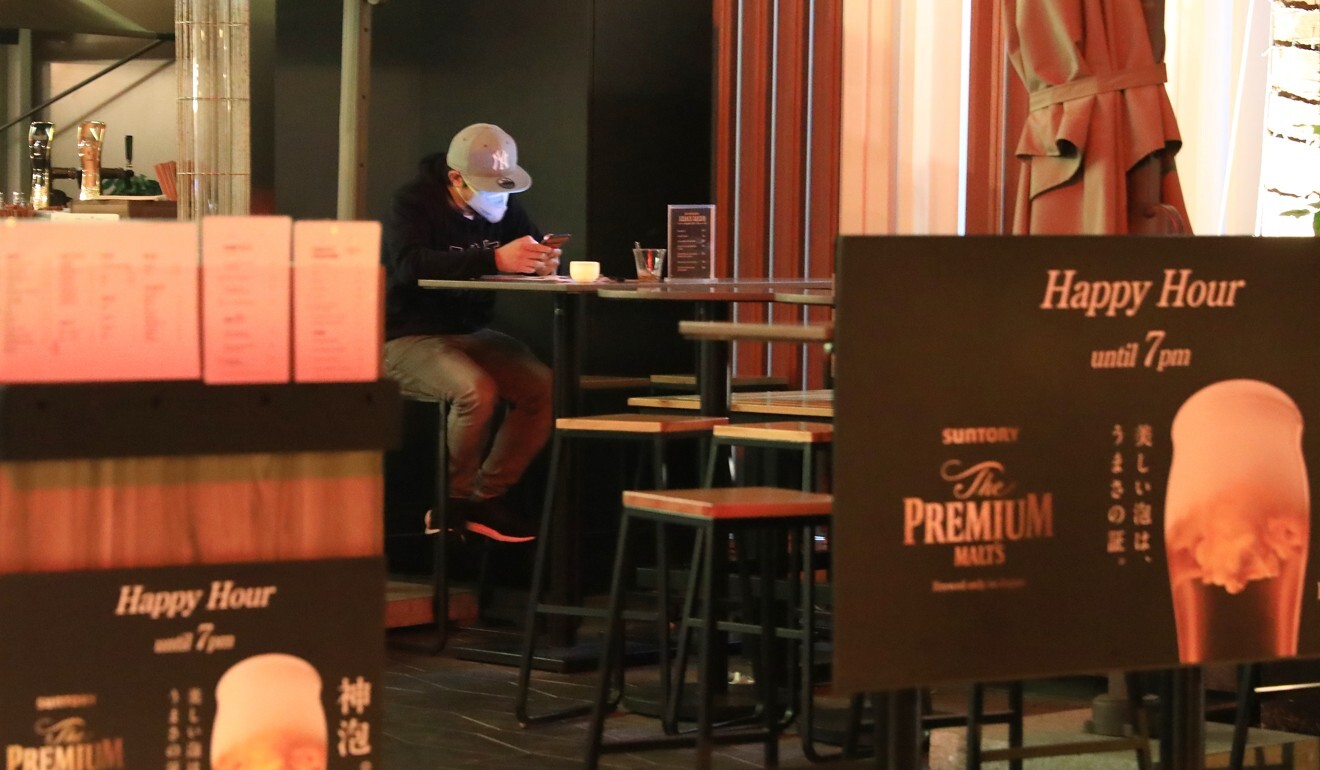
Hong Kong addiction treatment centres and counsellors say they have seen rising alcohol consumption and abuse during the pandemic, as stress, isolation and the disruption of help services have led people to drink.
Research by the Global Drug Survey, a London-based independent research company, showed that 44 per cent of more than 40,000 respondents globally said they drank alcohol more often during the pandemic.
More than two-fifths of those who were drinking more said they had more time to do so, and about the same proportion blamed boredom. Some said they were depressed, worried and lonely.
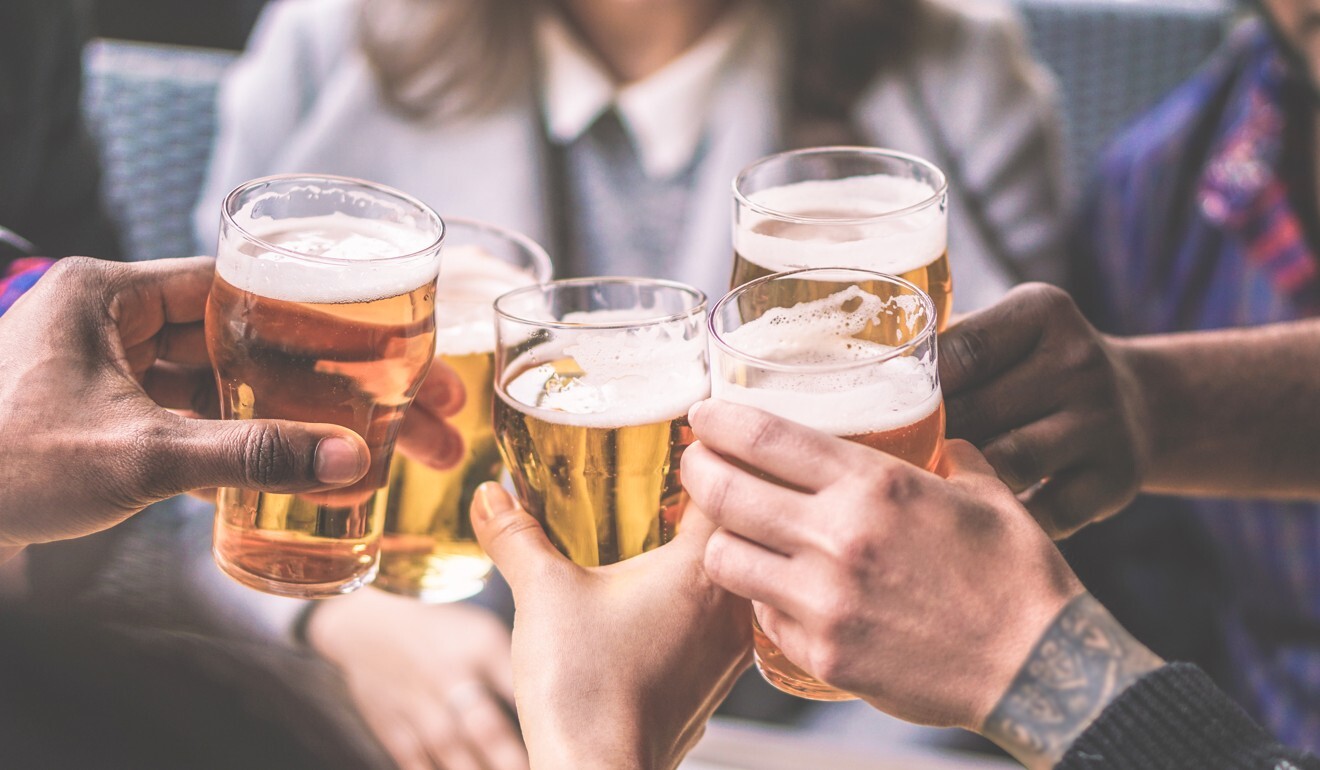
A third said drinking more affected their physical health, almost a quarter said their mental health had deteriorated, while a fifth said drinking more had an impact on their work or studies.
In April, the World Health Organisation dismissed a rumour that alcohol could destroy the new coronavirus causing Covid-19.
It released a fact sheet warning that drinking alcohol offered no protection, and that heavy alcohol consumption in fact put people at greater risk. It said alcohol weakens the immune system and increases the risk of acute respiratory distress syndrome (Ards) – one of the most severe complications of Covid-19.
Alcohol and drug use can be understood as a form of temporary escapism from painful reality
In Hong Kong, more than half of the population aged 15 and above drink alcohol occasionally, and just over a tenth drink regularly, at least one day a week, according to the Population Health Survey 2014-15, the most recent official data available.
The survey found a fifth of the drinkers started drinking before they turned 18. It also found that 3.5 per cent of the population aged 15 and above drink at increased risk, engage in harmful drinking, or probably have alcohol dependence. Most were middle-aged men.
Almost half of the Hongkongers who consume alcohol go binge drinking, survey finds
Sam, a Hong Kong permanent resident originally from Australia, says he started drinking at 14, and struggled with increased alcohol abuse over the next 20 years. He says it affected his performance at work and left him estranged from family and friends, but declined to elaborate.
He tried to quit drinking on his own, but failed. Attending meetings at the Hong Kong Alcoholics Anonymous (HKAA) helped.
“Drinking made me angrier, more resentful and selfish,” he says. “It wasn’t until I stopped drinking that I realised how much better I felt and how much clearer my thinking was.”
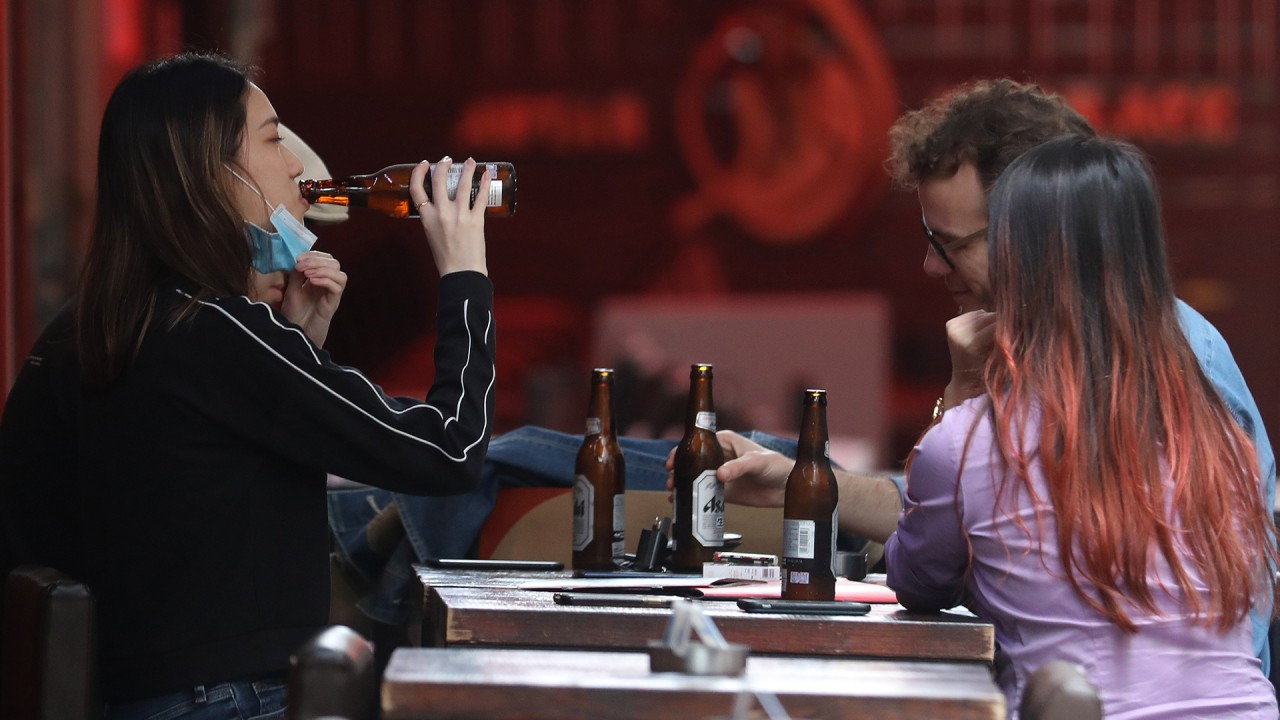
02:01
Coronavirus: Hong Kong orders bars and pubs to close amid Covid-19 pandemic
‘Temporary escape from painful reality’
Dr Michael Eason, a Hong Kong-based psychologist and counsellor, says he has seen a rise in inquiries related to alcohol abuse as well as dependence on other substances, including drugs, during the pandemic.
Those making inquiries included men and women from various age groups and occupations, ranging from students to business professionals.
Why unaffordable housing affects physical, mental health of Hongkongers
He says many had gone back to their habit because of the uncertainty brought on by the pandemic and its negative impact on finances and career aspirations, while boredom and loneliness also played a role.
“The quarantine measures, social distancing and inability to travel have left many feeling disconnected, lonely, uncertain, stressed and powerless,” he says.
“Alcohol and drug use can be understood as a form of temporary escapism from painful reality, or a negative and unproductive way of trying to manage difficult emotions, or a habitual ‘autopilot’ way of responding to life’s stressors,” he says.
The treatment for alcoholism is getting people connected to each other. But the pandemic increases isolation
The HKAA says calls to its 24-hour hotline almost doubled from an average of 11 per month before the pandemic to 20 per month since January. More than half the callers were newcomers, men and women aged from their 20s to 60s.
The callers included those needing help themselves, as well as concerned family members and friends, doctors and social workers.
They described drinkers facing deteriorating physical health – with some being hospitalised after drinking heavily or suffering withdrawal symptoms – or struggling to get by, unable to carry out their duties at work and having more domestic conflicts, including involving violence.
Like many other help services, the HKAA suspended most face-to-face meetings, replacing them with online meetings. But connection, a key part of recovery from addiction, is more difficult to form online, especially for newcomers.
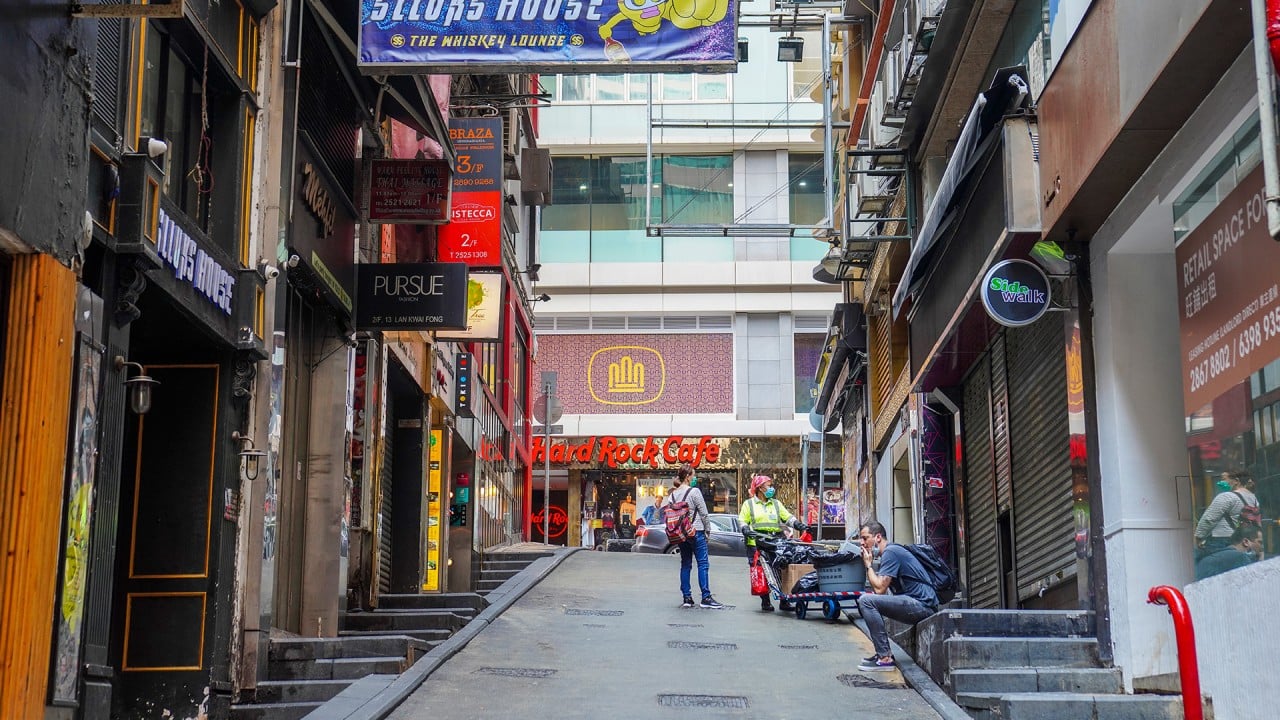
03:22
Hong Kong to ban overseas tourists and alcohol sales at thousands of bars and restaurants
Andy Leach, clinical lead at The Cabin Hong Kong, an outpatient addiction treatment centre in Central, says isolation and disconnection during the pandemic set back recovery.
“The opposite of addiction is connection. The treatment for alcoholism is getting people connected to each other. But the pandemic increases isolation,” he says.
He says alcoholism is a progressive disease caused by a combination of genetics and environmental factors. Chances are, those in difficulty now are missing their normal emotional and mental support systems.
Experts warn of pandemic impact on mental health, with jobless, poor and elderly most at risk
“The pandemic is a stressful time. Those with a propensity to alcoholism will deal with the stress progressively by drinking,” he says. “It’s like a pressure cooker and you are turning the heat up.”
Pandemic measures to contain the spread of the coronavirus have seen Hong Kong’s clubs and drinking places close, and that has led more people to drink at home instead.
Retailers contacted by the Post say beer and wine sales have gone up in recent months. People working from home have stocked up not only on their favourite drinks, but also on home-brewing kits to experiment with making their own beer.
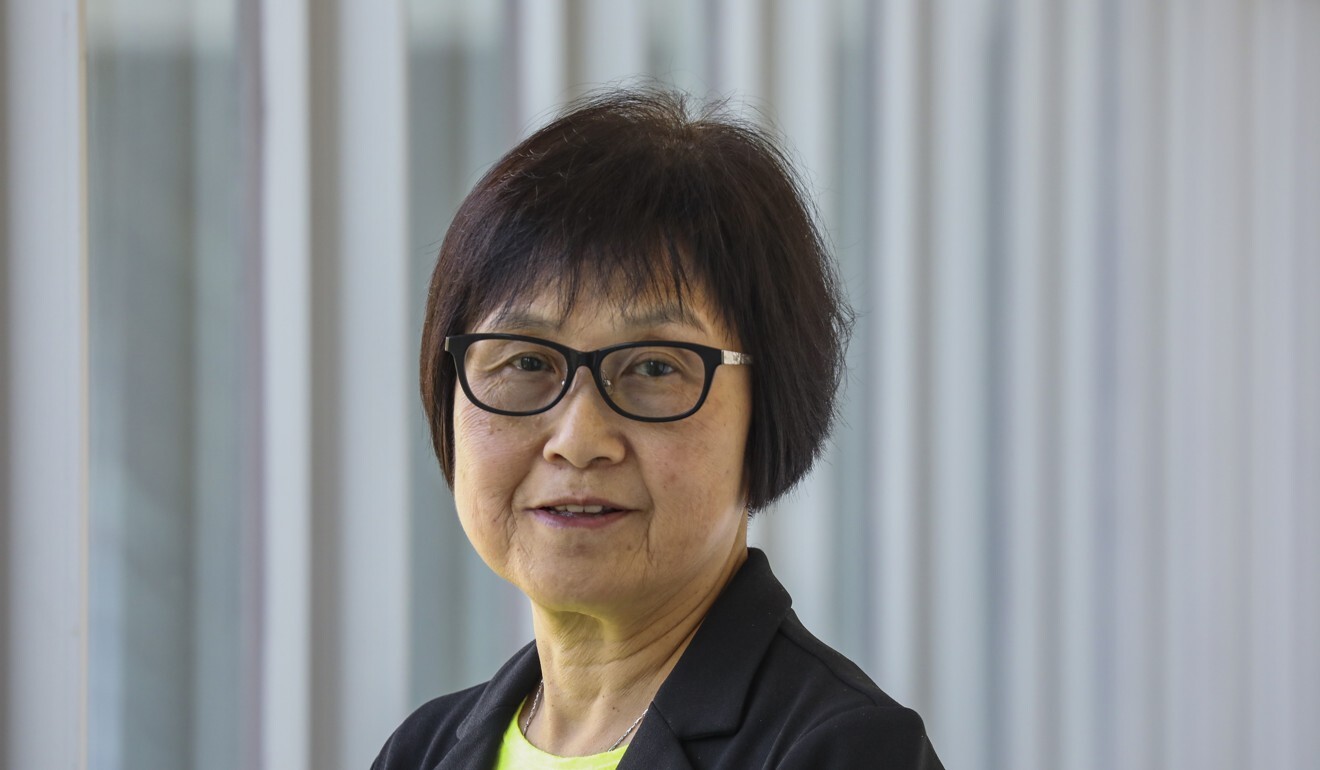
‘More needs to be done to tackle alcoholism’
Dr Mak Sin-ping, convenor of the Hong Kong Alliance for Advocacy Against Alcohol, a non-governmental group formed in 2015, is not surprised that alcohol consumption went up during the pandemic.
“This reflects the misconception that drinking alcohol can help relieve pressure, when in fact it ultimately makes people more depressed by depressing the central nervous system,” she says.
Mak, a community medicine specialist, believes alcohol is too easily available in Hong Kong shops, restaurants and bars.
She says more needs to be done to tackle alcoholism, including education, strengthening restrictions on alcohol availability, enforcing bans or restrictions on alcohol advertising and promotion, and raising alcohol prices.
Beer is the most popular alcoholic drink, followed by table wines, spirits and Chinese rice wines.
In November 2018, the Hong Kong government banned the sale and supply of intoxicating liquor to minors under 18.
The Department of Health says its Tobacco and Alcohol Control Office has conducted about 20,000 checks at stores and about 1,000 checks of online liquor shops. So far, one case of selling or supplying alcohol to minors has been found, leading to a conviction in court.
Psychologist Eason advises people tempted to drink to turn to healthy alternatives instead, such as doing exercise or seeking help if they find the pandemic difficult to cope with.
“With time and hard work, the brain is fully capable of repairing itself and we can reduce or eliminate self-destructive habits such as overconsumption of drugs or alcohol,” he says.
Sam, for one, is relieved that the HKAA has resumed the face-to-face group sessions it runs for 200 recovering alcoholics, now that Hong Kong’s Covid-19 situation has stabilised.
Referring to the day he drank until he passed out in April, he says he is determined to not let it happen again.
“I only did it once, and now I'm back to the meetings,” he says.
If he feels like drinking, he adds, he texts or calls a friend in the support group and it helps him fight the urge.
“It is nice to be connected to people again,” he says.
*Name changed at interviewee’s request.

